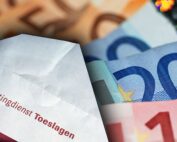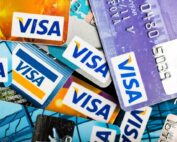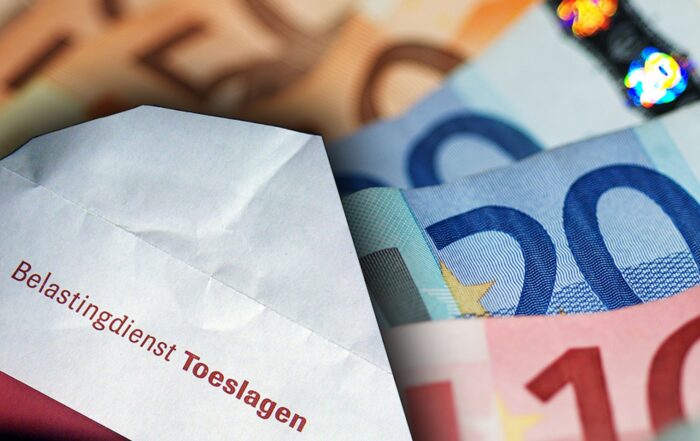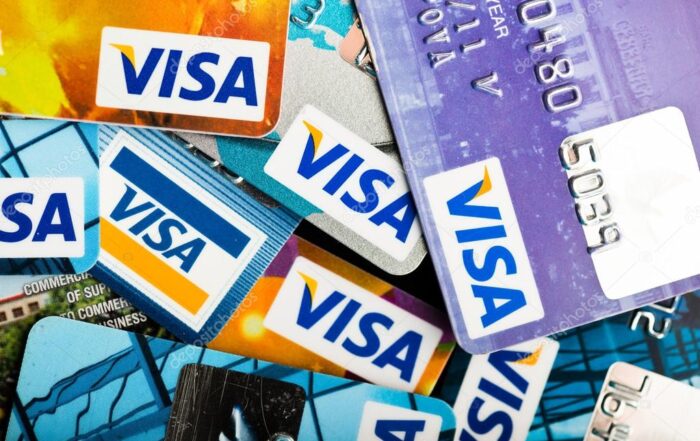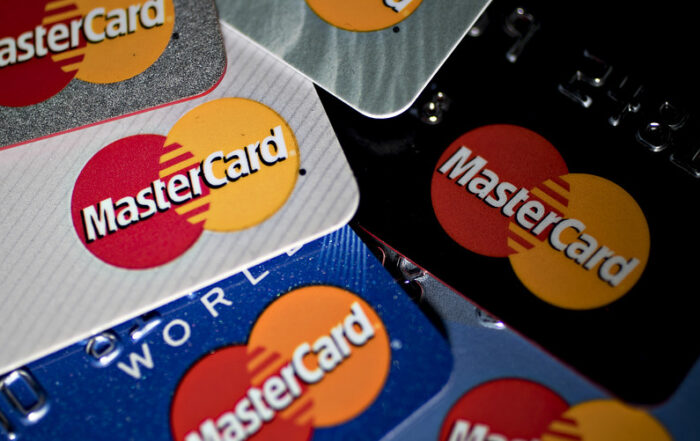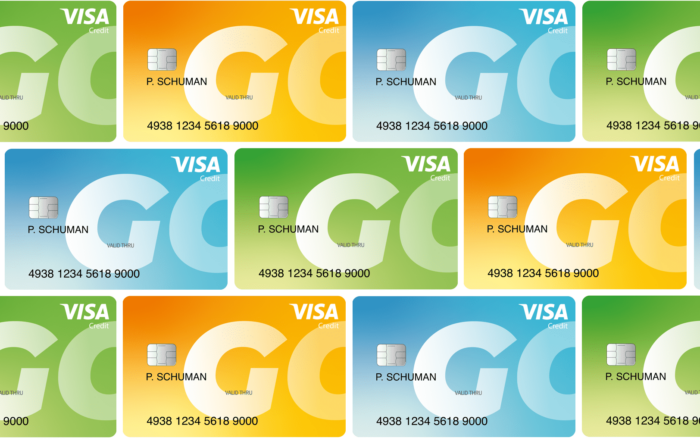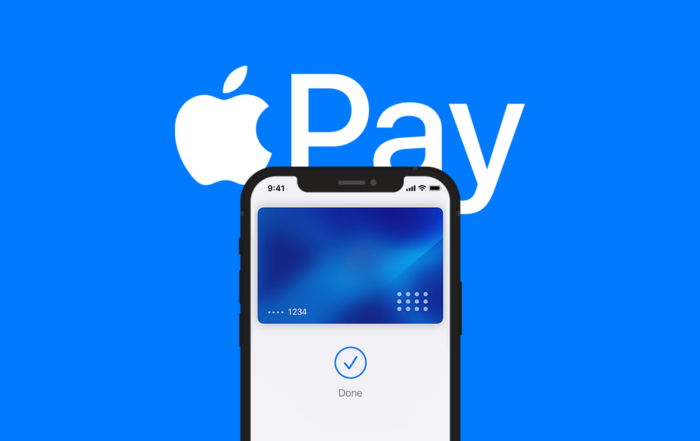Dutch BSN – The Basics
What is a BSN in the Netherlands?
The Dutch BSN, or “Burgerservicenummer,” holds a pivotal role in the lives of residents in the Netherlands. Introduced in 2007, this unique identification number is designed to streamline communication between citizens and government authorities.
Each individual in the Netherlands, whether Dutch or a foreign national residing in the country, is assigned a distinctive BSN. Issued at birth for Dutch citizens and upon registration for foreign nationals, it’s a key player in dealings with government agencies.Included in official documents like passports and identity cards, the BSN is integral to administrative processes such as opening a bank account or signing a lease. It’s also a legal requirement in dealings with government organizations, contributing to more efficient and secure processes.For foreign nationals, obtaining a BSN involves registering at the municipality of residence, typically requiring relevant identification documents and, in some cases, a residence permit.
For what do you need your BSN Nummer:
- Government Services:
- Taxation: Your BSN is essential for matters related to taxation, including filing income tax returns.
- Social Security: Access to social security benefits and services often requires providing your BSN.
- Healthcare: Registering for and accessing healthcare services, including health insurance, involves using your BSN.
- Employment:
- Job Applications: Many employers request your BSN when applying for jobs in the Netherlands.
- Paying Taxes: Your BSN is used for tax purposes related to your employment, including income tax deductions.
- Financial Transactions:
- Banking: Opening a bank account in the Netherlands typically requires providing your BSN.
- Financial Services: Various financial transactions, such as obtaining a mortgage or applying for loans, may involve using your BSN.
- Education:
- Enrollment: When enrolling in educational institutions, providing your BSN is often a requirement.
- Student Finance: Accessing student loans or financial assistance may necessitate the use of your BSN.
- Housing:
- Leasing: When signing a lease for accommodation, landlords often ask for your BSN.
- Municipal Services: Interaction with municipal services, such as waste management, may require your BSN.
- Legal Matters:
- Legal Residency: Foreign nationals need a BSN when registering their legal residence in the Netherlands.
- Legal Transactions: Various legal transactions and processes may require the use of your BSN.
- Utilities and Communication:
- Utilities Registration: Registering for utilities like water and electricity often involves providing your BSN.
- Communication Services: Acquiring services like internet or a mobile phone plan may require your BSN for identification purposes.
- Travel and Documentation:
- Travel Documents: Your BSN may be included in official travel documents, such as passports or identity cards.
- Official Documentation: It’s used in various official documents to establish your identity.
Privacy and security are paramount when it comes to the BSN. As a sensitive piece of personal information, individuals are advised to keep it confidential and only share it with authorized entities.

